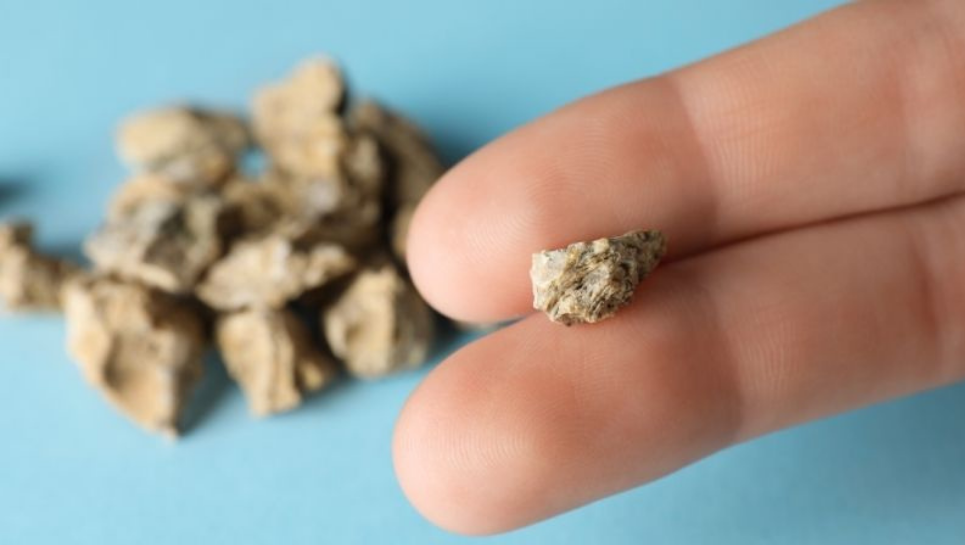
Facts About Kidney Stones
What Are Kidney Stones?
Kidney stones are solid concretions formed from dissolved minerals and salts in the urine that crystallize and accumulate within the kidneys. These calculi may vary in size and can obstruct the urinary tract, causing pain and complications if not properly managed.
Who Is at Risk?
Kidney stones can affect individuals of all ages but are more commonly seen in:
-
Males
-
Individuals with a family history of nephrolithiasis
-
Those with inadequate fluid intake
-
People consuming high levels of salt, animal protein, or oxalate-rich foods
Certain metabolic or anatomical abnormalities may also increase susceptibility.
What Are the Symptoms?
While small stones may remain asymptomatic, migrating or obstructive stones can cause:
-
Sudden and severe flank or abdominal pain
-
Hematuria (blood in the urine)
-
Nausea and vomiting
-
Urinary urgency or frequency
-
Dysuria (painful urination)
-
Fever and chills (if associated with infection)
Prompt evaluation is essential to prevent complications.
How Are Kidney Stones Diagnosed?
Diagnosis typically involves:
-
Ultrasonography: Non-invasive, initial imaging modality.
-
Non-contrast CT scan: Gold standard for detecting even small stones.
-
Laboratory tests: Urinalysis and blood tests to assess kidney function and identify underlying metabolic causes.
What Are the Treatment Options?
Management depends on the size, location, and composition of the stone, as well as the patient’s clinical condition:
-
Conservative management: Increased fluid intake and pain control for small stones
-
Extracorporeal shock wave lithotripsy (ESWL)
-
Ureteroscopy with laser lithotripsy
-
Percutaneous nephrolithotomy (PCNL) for large or complex stones
Treatment should be individualized following urologic evaluation.
Can Kidney Stones Be Prevented?
While not all stones can be prevented, the risk can be significantly reduced by:
-
Maintaining adequate daily hydration
-
Limiting dietary sodium and animal protein
-
Moderating intake of oxalate-rich foods
-
Periodic metabolic evaluation in recurrent stone formers
Conclusion
Kidney stones are a common and often painful condition. Early diagnosis, proper treatment, and lifestyle modifications can significantly reduce the recurrence risk and improve quality of life. Individuals experiencing symptoms should seek medical evaluation without delay.

Social Media